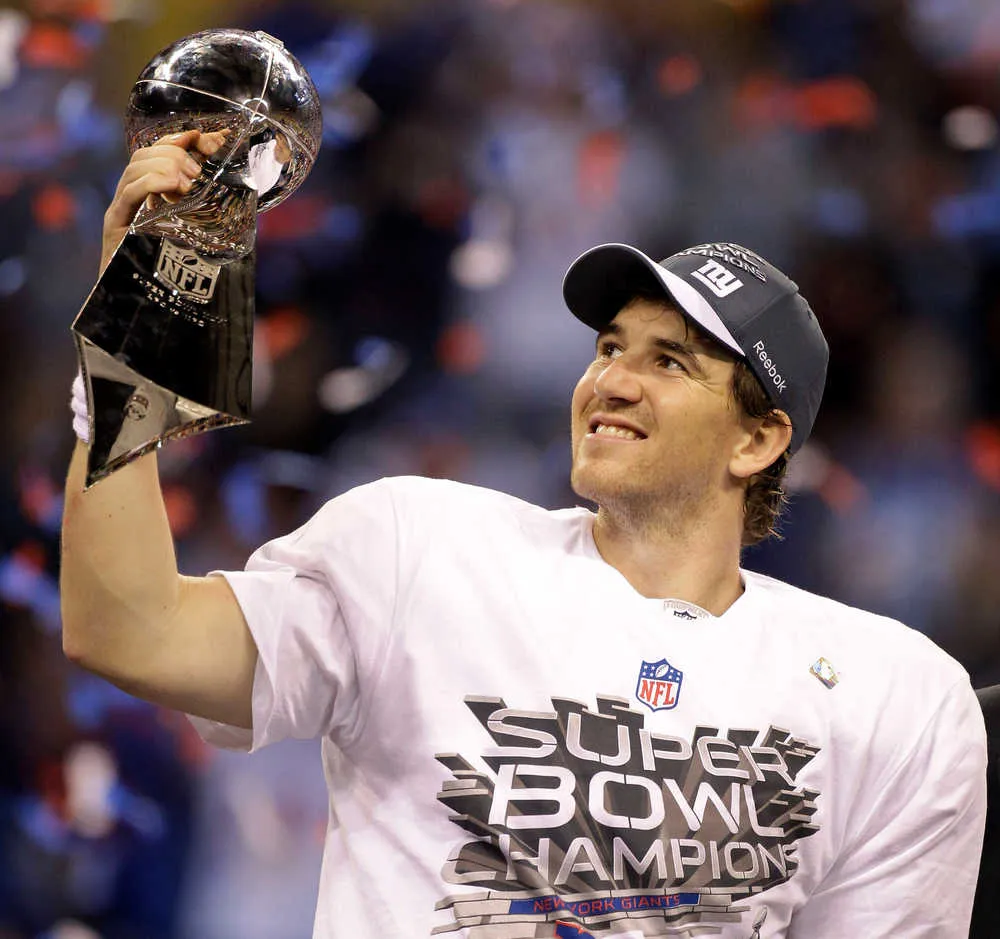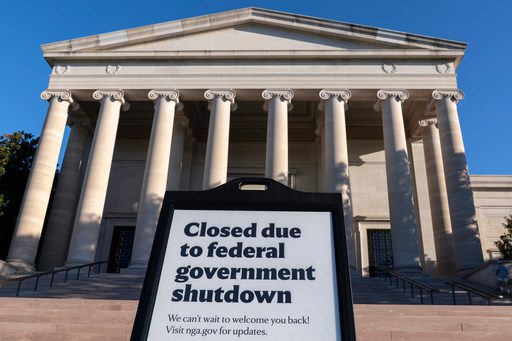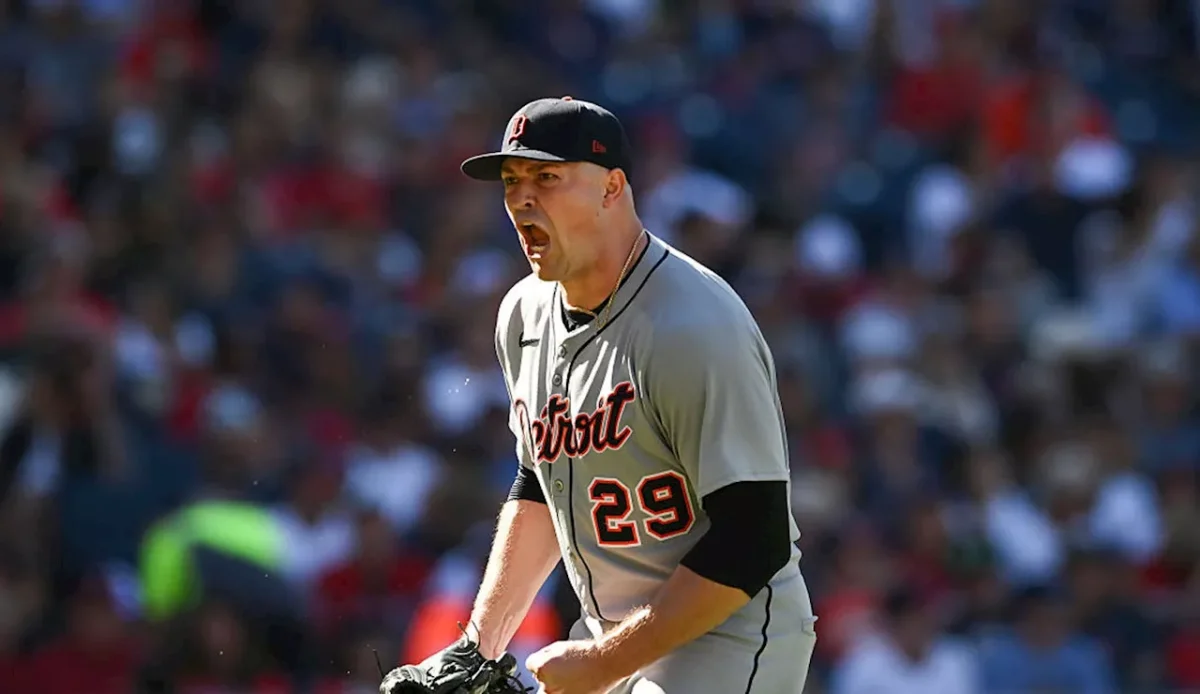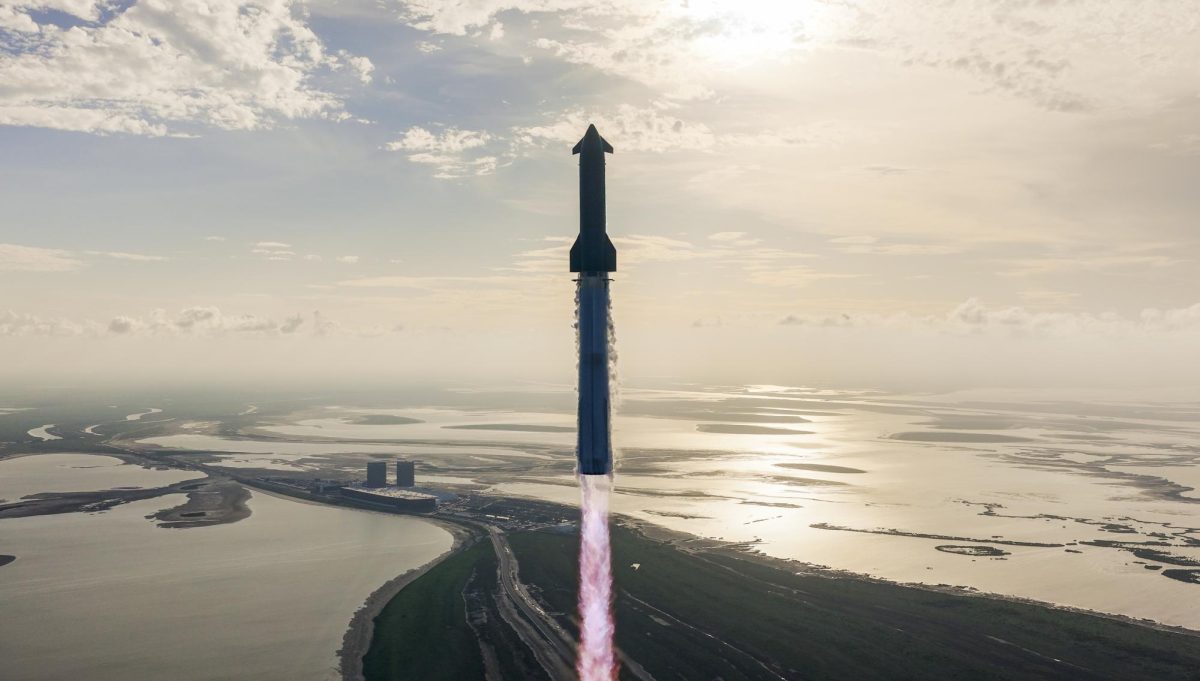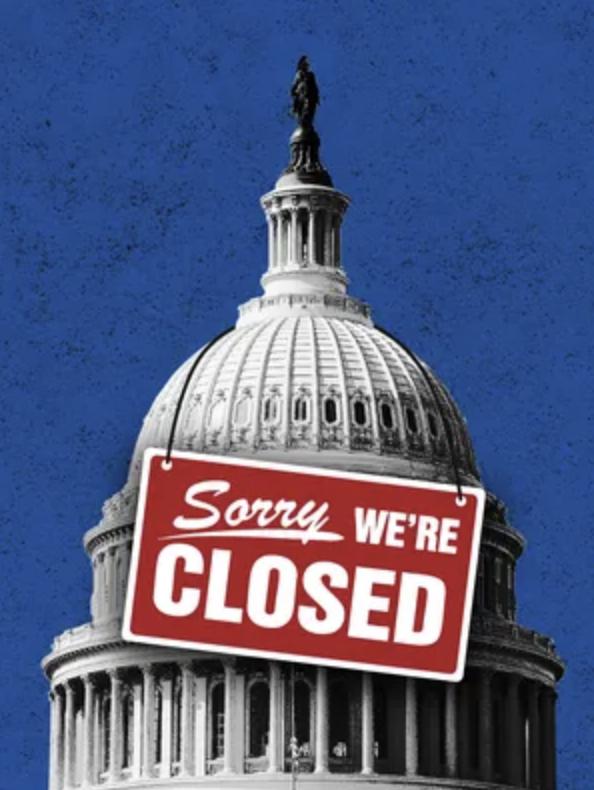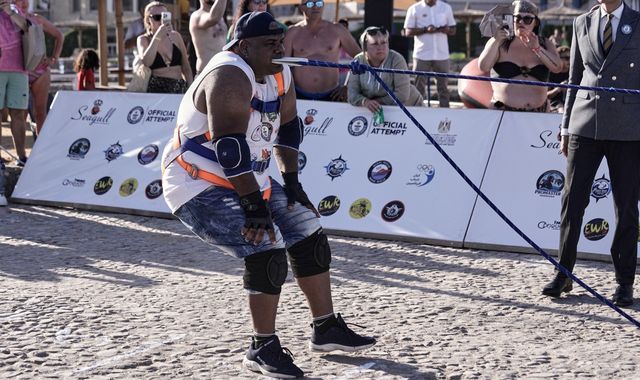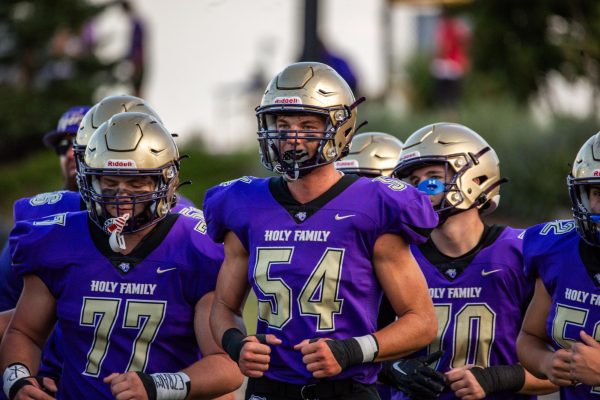The legendary Eli Manning started in 2004 when he was drafted first overall by the San Diego Chargers and traded to the New York Giants later on. Eli had over 16 seasons with the Giants, he demonstrated remarkable consistency especially against Tom Brady in two Superbowls! This streak is a testament to his physical and mental toughness, qualities that are of Hall of Fame players.
Manning’s statistical achievements further bring up his Hall of Fame case. He ranks seventh all-time in both passing yards which he had 57,023, and touchdown passes which consisted of 366. These numbers place him among the most elite quarterbacks in NFL history. While some critics argue that his career passer rating and interception totals are less impressive. He also played against some of the most dominating players of the times. He played against, Manning often operated behind subpar offensive lines and in less-than-ideal conditions, yet he consistently produced at a high level.
One of the most compelling arguments for Eli Manning’s Hall of Fame candidacy is his performance in the postseason. Manning led the Giants to two Super Bowl victories, earning the MVP honors in both games. His first Super Bowl triumph came in the 2007 season, when the Giants defeated the previously undefeated New England Patriots in Super Bowl XLII. Manning made a game-winning drive that included the iconic “Helmet Catch” by David Tyree, a play that will forever be etched in NFL lore. Four years later, Manning and the Giants once again defeated the Patriots in Super Bowl XLVI, with Manning delivering another game-winning drive that seemingly looked just as good if not better than the first one.
Manning’s ability to perform under pressure is a defining characteristic of his career. He went against the legendary people like Jason Taylor from the Miami Dolphins, Ray Lewis from the Baltimore Ravens, J.J. Watt, Aaron Donald, and many other very terrifying and amazing defensive players. And the way that Manning was able to perform with all these amazing defensive players coming against him shows why he got to two Super Bowl MVPs which placed him in rare company, joining the likes of Joe Montana, Tom Brady, and Terry Bradshaw, all of whom are Hall of Famers nonetheless.
Beyond his on-field accomplishments, Manning’s leadership and character have left an indelible mark on the Giants organization and the NFL as a whole. He was a model of professionalism and sportsmanship, earning the respect of teammates, coaches, and opponents alike. Manning’s impact extended beyond the field, as he was heavily involved in charitable activities and community service, further solidifying his legacy.
In conclusion, Eli Manning’s career embodies the qualities of a Hall of Famer, just like his older brother Peyton Manning. His statistical accomplishments, postseason heroics, and leadership both on and off the field make him a deserving candidate for the Pro Football Hall of Fame. While debates may continue, there is no denying the significant impact Manning had on the NFL and the legacy he leaves behind. I can only hope that Eli can join the Hall of Fame with his brother in the near future.
